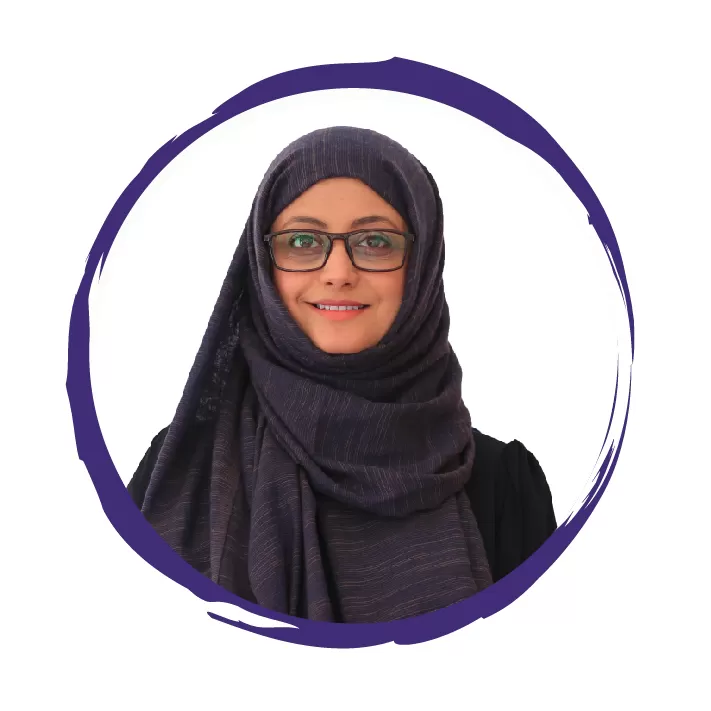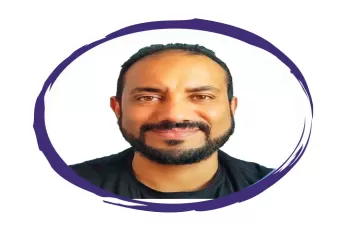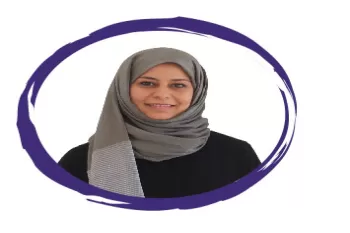Partnership For Sustainable Development
The Youth Leadership Development Foundation has cultivated a spirit of giving, sharing, and working within partnerships. With a vision that sees Yemeni CSOs as true development stakeholders, who complete the development triangle along with the government and the private sector, not only on a service provision level but also influencing policy making and changing social behaviors.
Thus, YLDF devoted its strategies and interventions to engage junior CSOs in its different programs as partners within a framework that guarantees a smooth transfer of knowledge and experience to meet the targeted communities’ needs and requirements.
To YLDF, partnership is not only a powerful tool to support CSOs in Yemen but also to ensure sustainability of impact. YLDF works in different regions and governorates in Yemen without opening offices or establishing a physical presence. Instead, YLDF seeks out and signs partnerships with Junior CSOs that are carefully selected based on rigorous set of procedures and assessments. The partnership frameworks are different from one phase to another, based on available resources and capabilities, but these at least ensure that partners are able to understand interventions, how to implement activities on ground, and other important tasks which include reviewing technical or financial plans and reporting. Other levels of partnerships include partnership engagement following the initiation of project ideas and proposal development, establishing a clear description of roles and responsibilities and dividing resources accordingly.
Partnership Modalities:
The different partnership modalities allow YLDF to enhance the capacity of its partners through on job trainings, the exchange of documents, policies, and systems, monitoring visits, feedback mechanisms, and so forth.
YLDF considers partnerships an integral approach to ensuring not only sustainability but also feasibility. Especially when taking into consideration the unstable situation different governorates are currently living under. For example, in 2012 when the security situation escalated in Aden and Taiz, YLDF was conducting a project with CARE and the Yemeni Women Union where the HQ offices of all partners were based in Sana’a. By that time all partners were directly implementing projects themselves while YLDF was implementing in partnership with local CSOs in the targeted areas. YLDF’s partnerships were an added value to the project and all partners, as work in governorates was not affected by the conflict and quickly resumed to normal.
YLDF feels proud to have helped lift its partners capacities to their current levels, and that their partners now have direct agreements with different donors. Through several partnerships rounds, YLDF works with NGOs to transfer technical and financial knowledge in project management, enhancing their NGO partner’s performance and enabling them to work independently and obtain funding directly from different donors. YLDF always fights for the visibility of partner NGOs, as it is their right to receive credit not only in communities but also with donors, even if subcontracted. This introduces the partner to donors and other international NGOs and grants the partner NGO with credibility as a YLDF partner, leading to more opportunities for recognition. We are proud that many of our partner NGOs worked with YLDF and then continued to have direct contact and maintained relationships with YLDF’s donors and International partners.
Partnership Examples:
A good example of this is the relationship built between SOS and Hudaida Girls with Oxfam in the Women Leadership in Peace Program. In the first round of the project, the two local NGOs contracted with YLDF (to have SOS in Aden, and Hudaida Girls in Hudaida) and although Oxfam expressed concern with the idea of sub-contracting to less prominent organizations, YLDF guaranteed to control quality and reach the aimed for objectives. It turned to be a success in terms of linking the two NGO local partners directly with Oxfam, as now they are considered direct implementers with Oxfam, not only in this project but also in other opportunities. Another good example is the Tadhafur Project. This partnership with UNICEF and YLDF led to the introduction of YLDF’s local partner SOS to UNICEF. For SOS, this was a great opportunity to expand its list of donors. We see it also as an opportunity for international organization partners and donors to learn about other actors on ground in different governorates.
The Altanweer organization in Ibb is another success story. Altanweer worked with YLDF as a sub-contractor on several projects, establishing a good reputation with international donors. Eventually, both YLDF and Altanweer applied for funding from NED, and Altnaweer was selected. One might think this would be difficult for YLDF, but on contrary, it was viewed as a huge success, and a moment we felt we immediately needed to celebrate together.
Partnership Challenges:
Our practice is very strong in its vision and strategy to support the establishment of Yemeni civil society, but it comes with significant challenges.
Challenges vary, and the following points outline some of our major struggles:
- YLDF is accountable to donors to fulfill all commitments in the agreements within the outlined articles, not only in terms of time and cost, but also in terms of quality, transparency, visibility, and quality of delivery. YLDF’s decision to work with junior NGOs increases the workload on YLDF staff and saps resources as YLDF establishes its commitment not only to donors, but also to help local partners produce in accepted manner and learn as much as possible. YLDF also understands the challenges local partners experience, and offers as much flexiblility as possible to deal with these capacity challenges. We work step by step with partners in all details. Putting the challenge of donors’ demands and the community’s demands into consideration, while at the same time insisting to work in partnerships is hectic, but we believe the practice is crucial for development and will prove its validity in time if not immediately.
- YLDF has to go through additional discussions and negotiations with donors and Int’l NGO partners to convince them to accept YLDF’s subcontracts with local NGOs as partners. Unfortunately, many donors don’t accept the underlying principle. Some think that rather than choosing to build civil society networks, YLDF is having access challenges in certain governorates, or that YLDF has a weak ability to implement projects in other governorates.
- Local NGO partners don’t yet see YLDF’s efforts as special, and don’t support YLDF in making their capacity building practice successful, they only look to YLDF for funding opportunities.
- The weak capacity of LNGO partners hinders level of progress achieved in terms of institutional capacity.







